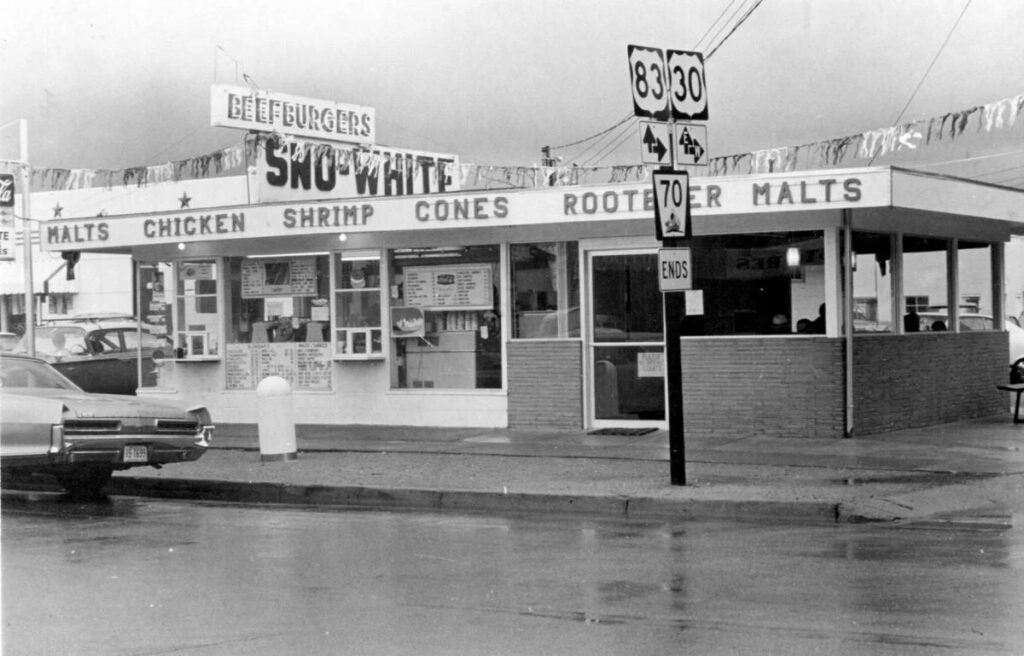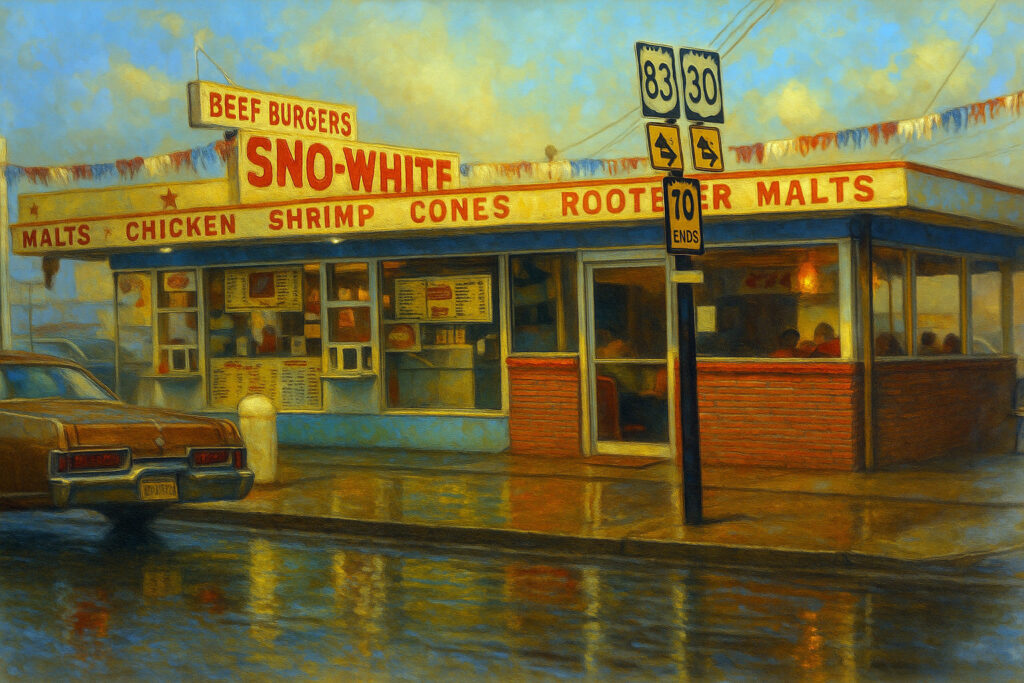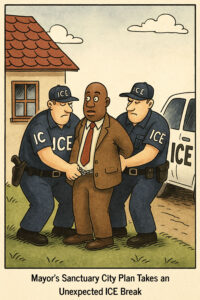It smooths out the sharp edges. Polishes the rust. Paints over the cracks and calls it heritage.
It turns a backbreaking job into “the good kind of hard work.” It turns segregation into “simpler times.” It turns political dysfunction into “when people could disagree and still get along”—usually spoken by someone who never had to fear the consequences of being disagreed with.
Funny, isn’t it?
Not funny in the laugh-out-loud way. Funny in the way you laugh when you’re too tired to cry.
Because nostalgia rarely tells the truth. It tells a curated story. A version of the past where you were younger, your world was smaller, and your place in it felt secure. The grocery store had fewer brands. The news came at 6 and 10. People knew your name—because they all looked like you, worshipped like you, voted like you.
But not everyone got to enjoy that comfort. And not everyone wants to go back.
There’s a reason nostalgia gets weaponized in politics. It’s not just sentimental—it’s strategic. A well-placed “remember when…” can shut down debate faster than any data point. You don’t have to prove that things were better back then. You only have to make someone feel it.
Ask anyone who’s sold snake oil: belief beats evidence every time.
So when someone says they want to return America to its former greatness, it’s worth asking:
Whose memory are we restoring?
Whose pain are we ignoring?
Whose truth did we leave out of the scrapbook?
Because nostalgia, in the wrong hands, becomes a blindfold. And if we’re not careful, we’ll find ourselves walking backward—confident we’re headed in the right direction because it all feels familiar.
Nostalgia is a funny thing.
It remembers what it wants.
And it forgets who paid for it.



